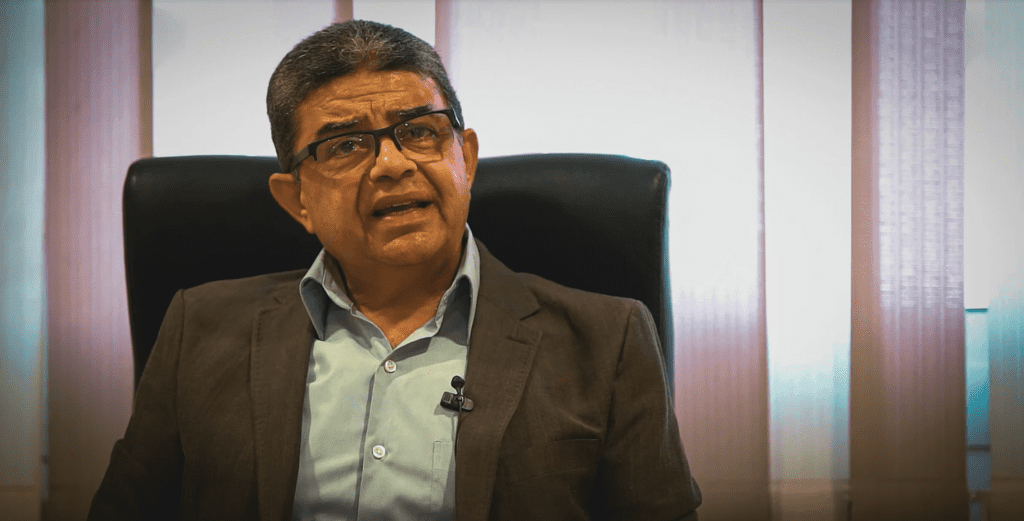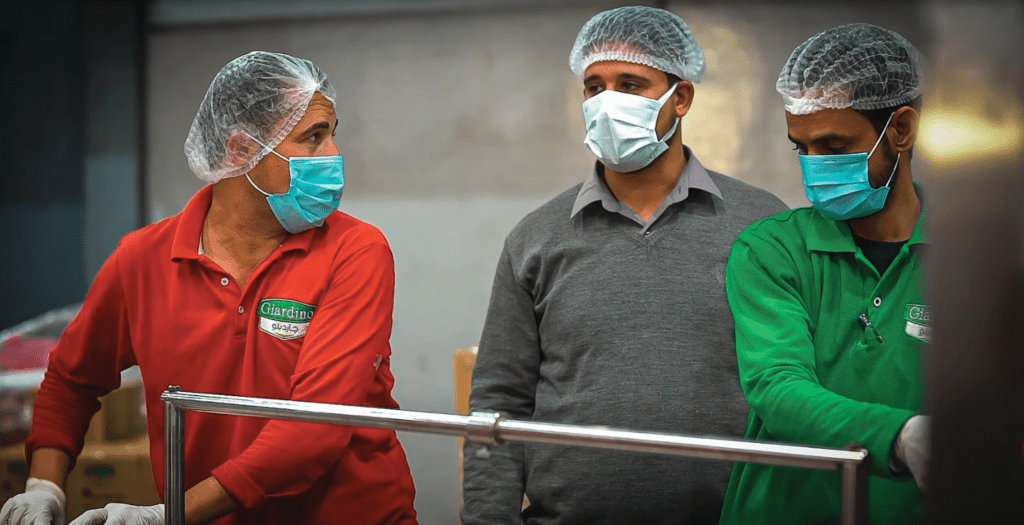This website uses cookies so that we can provide you with the best user experience possible. Cookie information is stored in your browser and performs functions such as recognizing you when you return to our website and helping our team to understand which sections of the website you find most interesting and useful.
Rumors can hurt feelings at best and harm health and well-being at worst. Those that spread incorrect information about family planning and reproductive health fall into the latter category by keeping people from prenatal care, healthy birth spacing, or prevention and treatment of sexually transmitted infections that can lead to sterility. In Egypt, the USAID-funded Strengthening Egypt’s Family Planning Program (SEFPP), managed by JSI, uses peer education to correct misinformation spread by such rumors. In partnership with the Ministry of Health and Populations, SEFPP has been training peer educators at the well-known Giardino Factory in Upper Egypt. The three-day training, held during working hours, imparts information and skills to lead awareness sessions on family planning methods and refer coworkers to available family planning and reproductive health services.

Nasser Anwar, a 61-year-old retired police officer who is now administrative manager at Giardino, which packages condiments, strongly believes that improving workers’ health and education is good for the factory. “Workers who are not healthy cannot be productive.”
Nasser identified 10 workers to be trained as peer educators. Following the training, they conducted a series of awareness sessions for their colleagues. Some of these were one-on-one, between a peer educator and a colleague working at the same station; others were group sessions held during breaks. In just one year, the 10 peer educators had conveyed accurate family planning information to all 200 Giardino Factory employees.
I have encouraged workers to attend the peer educators’ awareness sessions and provided more break time to do so. It is important that everyone has correct information about family planning and health in general,” says Nasser.
He adds that workers pass their knowledge to their families, and that husbands are better educated about their wives’ health. Trust in family planning clinics has also improved and people are more open to receiving counseling on family planning and reproductive health at them.

One rumor that spread around the factory was that an IUD can “puncture the uterine wall and be lost in the body, causing death,” says Mahmoud Khairy, a 28-year-old peer educator and Giardino worker. He has dispelled this and other rumors about family planning. “Before, we had nowhere to get the right information. One of the main advantages of the peer educator model is our connection with the family planning department, the clinic, and SEFPP,” Mahmoud notes. “It feels so good to be able to help other workers in the factory.”
Nasser is delighted with the peer education program. He says that not only has workers’ knowledge of family planning and reproductive health grown, but the bond between workers is stronger, and workers are more loyal and motivated.

